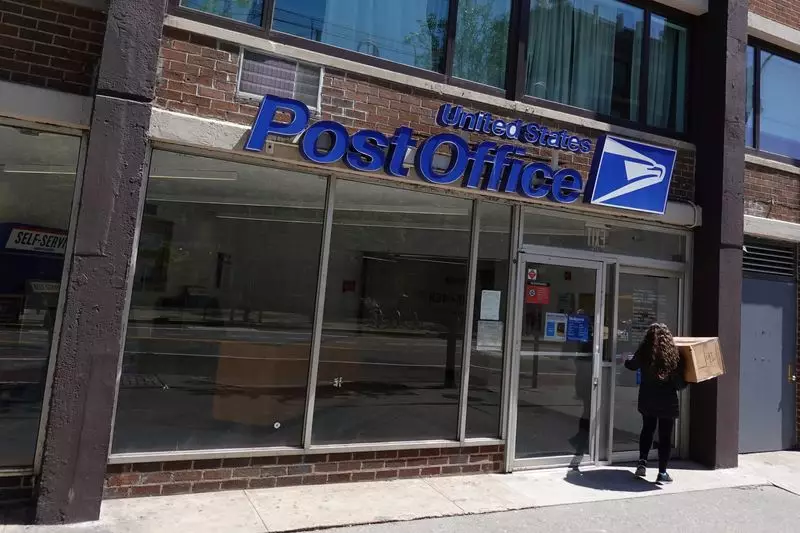The U.S. Postal Service (USPS) has long been a cornerstone of American infrastructure, providing a vital connection between people and businesses across the nation. However, as it faces mounting financial challenges, discussions about the potential privatization of USPS are gaining traction, particularly as the Trump administration prepares for its transition into office. This article will delve into the implications of potential privatization, the current economic state of USPS, and the broader impact on both consumers and the e-commerce industry.
Recent reports highlight that USPS has been grappling with significant financial losses, with a staggering $100 billion deficit reported since 2007. In the latest fiscal year, USPS reported a net loss of $9.5 billion, exacerbated by rising non-cash workers’ compensation costs, which have increased its fiscal burdens. This troubling financial situation illustrates the urgent need for reform and innovation within the postal system.
Although USPS has taken measures to improve its fiscal standing—such as reducing operational hours and cutting transportation expenses—these steps have not been sufficient to turn the tide of financial decline. The agency’s spokesperson has claimed that extensive operational changes could yield savings of $3.6 to $3.7 billion each year, but the persistent losses create questions about the long-term viability of a public postal service in its current form.
With the transition to a new administration, President-elect Donald Trump has indicated a strong interest in privatizing USPS as a solution to its ongoing financial woes. Conversations about this topic suggest that Trump’s administration aims to reconfigure how postal operations are funded and managed. Trump’s discussions with key aides like Howard Lutnick, his nominee for commerce secretary, reveal a trajectory toward privatization that could reshape the future of mail delivery in the U.S.
Privatization raises essential questions about the role of government in essential services. Advocates argue that privatization can lead to increased efficiency, reduced costs, and improved service. Critics, however, warn that turning USPS into a private entity could negate the universal service obligation that guarantees mail delivery to all Americans, regardless of geographical location. Rural communities, in particular, could suffer if a private entity prioritizes profit over service, impacting accessibility and affordability.
The implications of privatizing USPS extend beyond the agency itself; they could significantly influence the e-commerce industry and small businesses reliant on postal services. Companies such as Amazon, which heavily utilize USPS for their “last-mile” delivery operations, may find their logistics challenged by a shift in postal policy. Increased costs or a reduction of service could hinder market dynamics, affecting pricing and delivery speeds.
As the e-commerce sector continues to expand, any disruption caused by changes to USPS could reverberate through the economy. Small businesses, particularly those in rural areas, rely on USPS to reach their customers cost-effectively. A privatized postal service could lead to increased delivery costs and service disparities, ultimately impacting consumer choices.
The conversation surrounding the potential privatization of the U.S. Postal Service is marked by complexity and divergent opinions. The service’s financial struggle presents a compelling case for reform, yet the consequences of privatization could be far-reaching. Stakeholders must engage in thoughtful discussions that consider the implications for consumers, businesses, and the integrity of mail delivery.
As the Trump administration moves forward, the fate of USPS hangs in the balance. It remains to be seen how these discussions will unfold and whether a balance can be struck between fiscal responsibility, service accessibility, and the preservation of one of America’s oldest government services. Ultimately, any decision regarding the future of USPS will require careful consideration of both economic realities and the broader impact on American society.

